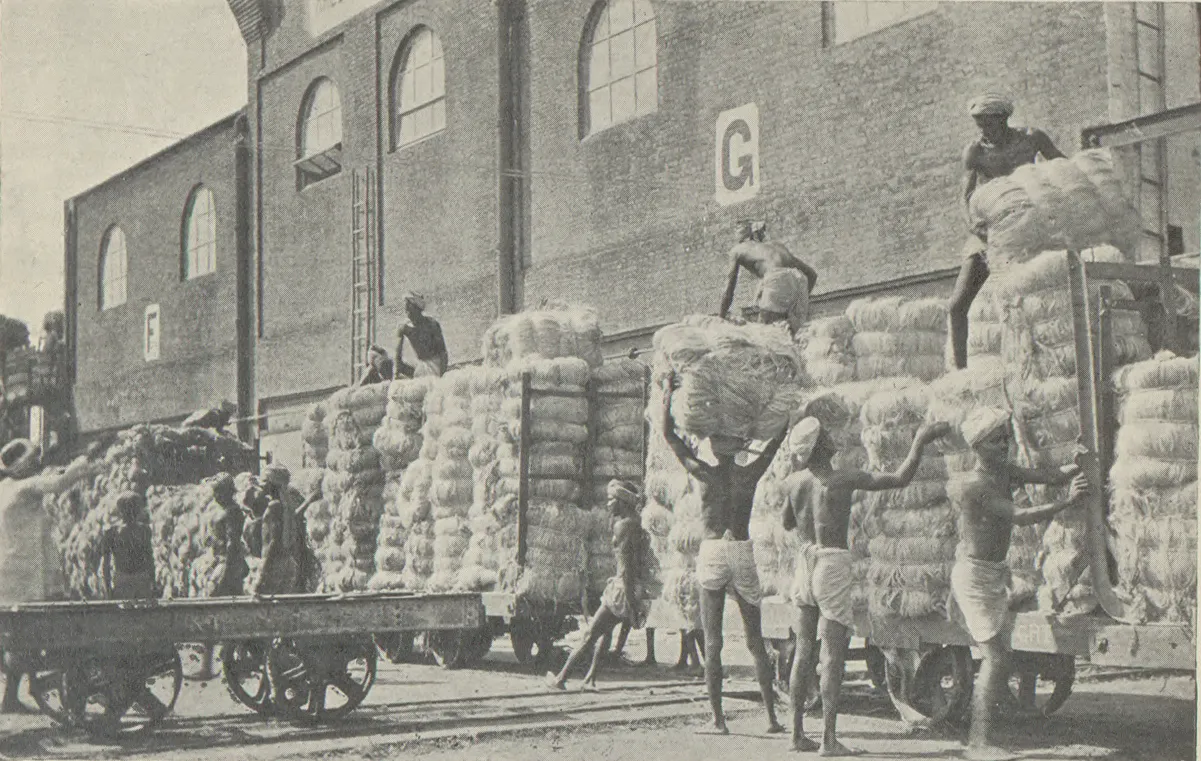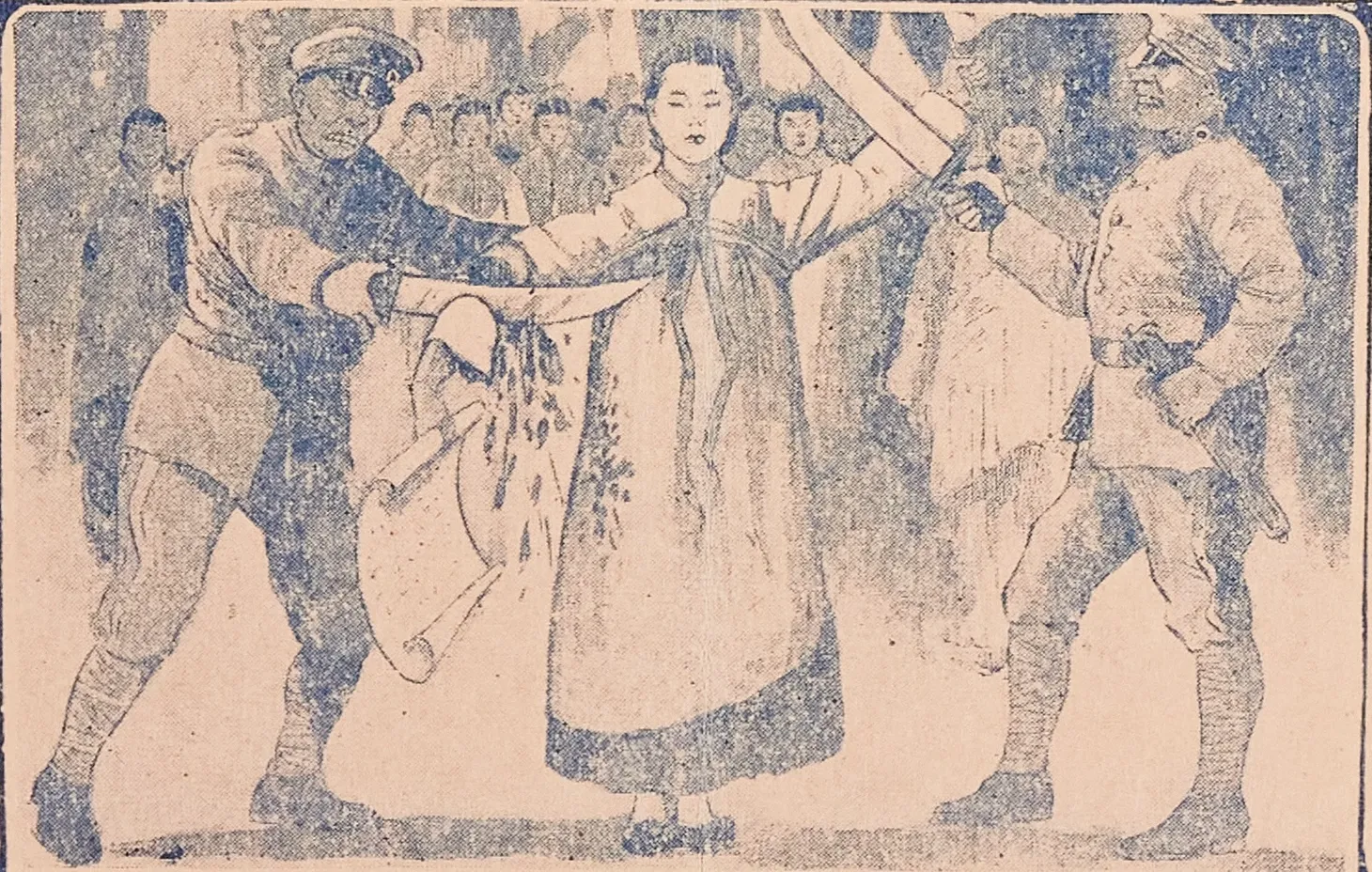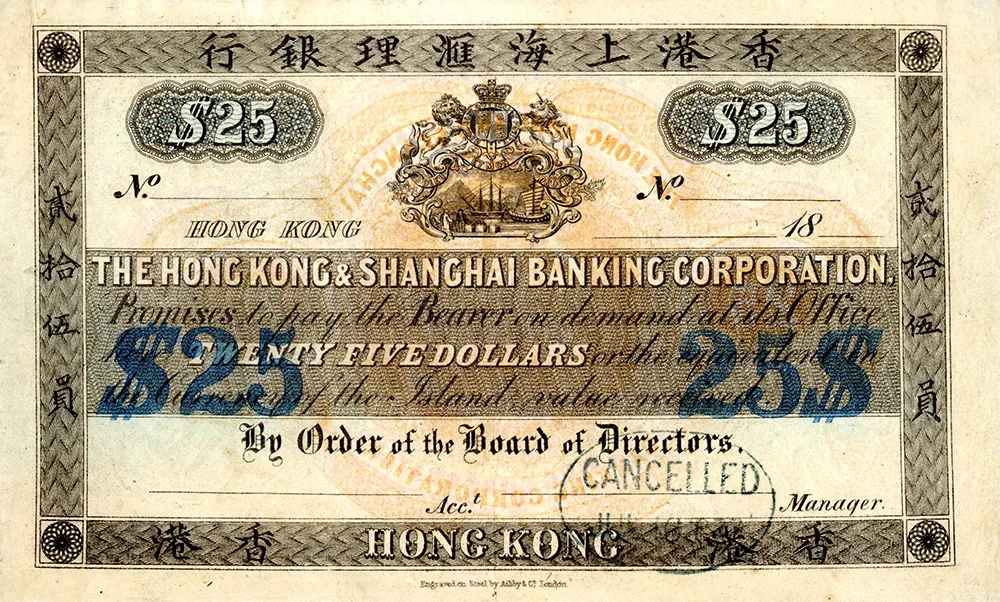“We Will Fight in Every Way We Can”: Teaching Decolonization from 1945 to 1955
Discussion of how to teach decolonization from 1945 to 1955 using African and Asian primary sources

Since the first post in this series, I’ve stressed that decolonization began much earlier than textbooks suggest. The period from 1945 to 1975 is better understood as when formerly colonized people gained political independence from European colonizers. Even before the war ended with the surrender of the Japanese in August 1945, colonized peoples began demanding their freedom.
If the thirty years from 1945 to 1975 represent the culmination of political decolonization, we can teach the period from 1945 to 1955 as establishing some key trends that reoccurred in subsequent decades. Colonized people worldwide formally demanded their independence even before the war officially ended. The push to end imperialism quickly became entangled with the emerging Cold War ideological struggle. Women played critical, if often overlooked, roles in fighting imperialism. Decolonization often resulted in unexpected and violent consequences for nations.
Demanding an End to Empire
This content is for Paid Members
Unlock full access to Liberating Narratives and see the entire library of members-only content.
SubscribeAlready have an account? Log in



